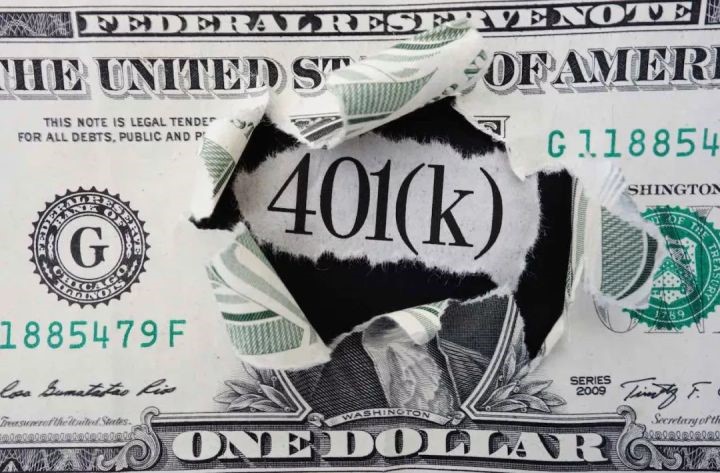How to Prepare for Retirement? Getting Started with the 401K Plan (1)

401K retirement plan
Most people working in the United States have a 401K plan provided by the company, but how many people understand it?
When working in the United States, when deciding or considering making long term investments, don't just limit yourself to your vision, limit yourself to Costco or Sam's Club to buy a lot of products at a discount. The most important thing should be how to plan for your future and manage your time so that you can use it more effectively. How to make sure that you can find a sustainable and reliable source of income in your future is most important.
While many people are aware that their employers provide 401K or are hoping to find a job that can provide 401K in the future, some people simply avoid this actually very large investment when faced with somewhat complicated content. Recently, many people have asked us what 401K is and what are the specific benefits of 401K. Since everyone has a lot of questions, let's take a look at the following article. Maybe your question is there ~!
What is a 401K plan?
401K is a kind of retirement plan. The origin of the name 401K is because the corresponding part of the tax law just happens to be 401K, so I started naming this plan with this codename. 401K consists of deducting a portion of your income from your current salary to prepare for your future retirement. If you choose to participate in this plan, the part you have to pay will be directly deducted from your salary each time. The money will be deducted before you pay the tax, which means the money will not be taxed when put into the 401K plan, which means you put the saved tax money into a barn. Let them increase your assets for you faster by investing. How cool is it to invest money that should have been given to the government?
What role does the company play in 401K?
You might often hear about employer sponsored plans, which are typically employers who help establish and manage 401K plans. The employer will match the value of the employee's contribution. If the employee contributes X% of their income to the 401K plan, the employer will also put the corresponding money into the 401K. Of course, this will be linked to the welfare policy of each employer. If the employer's welfare policy is 50%, if you put 5% of your income into the plan, your employer will put 50% of the money you put into your plan. If your employer has a matching policy, you should put in the maximum amount you can invest, because in theory it's free money and employees don't have to pay tax on that money.
Will all companies match your 401K?
Although 401,000 benefit matching is common in many large companies, the matching policy is not a mandatory requirement for employers. The company has the right to control whether or not it should match 401K. If your employer is not a very profitable business, or perhaps has financial constraints, the employer will not have a matching policy in place. But whether or not your employer provides a corresponding 401K policy, you should also regularly deposit money into the plan.
Are all 401K plans the same?
The answer is "No", please refer to the following details which will affect 401K.
Can you participate immediately
Many companies have a waiting period, usually one to three months, and it is only after this waiting period that employees can join the plan. The point is, the sooner you can join the 401K plan the more valuable the plan is for you because it can start increasing the value of your investment as soon as possible.
401K match policy
If your employer offers a very high or 100% match policy, that means the more you invest in your 401K plan, your employer will also put the same money into your plan. It is basically free money invested in your retirement account.
Do you have the right to keep your pension quickly
Before you have the right to keep all the corresponding investments in the employer contribution portion of your pension plan, you have not actually received the money. Many companies will establish corresponding policies. These policies will establish a period of time before you are fully entitled to the money. Typically this period is 1 to 3 years.



